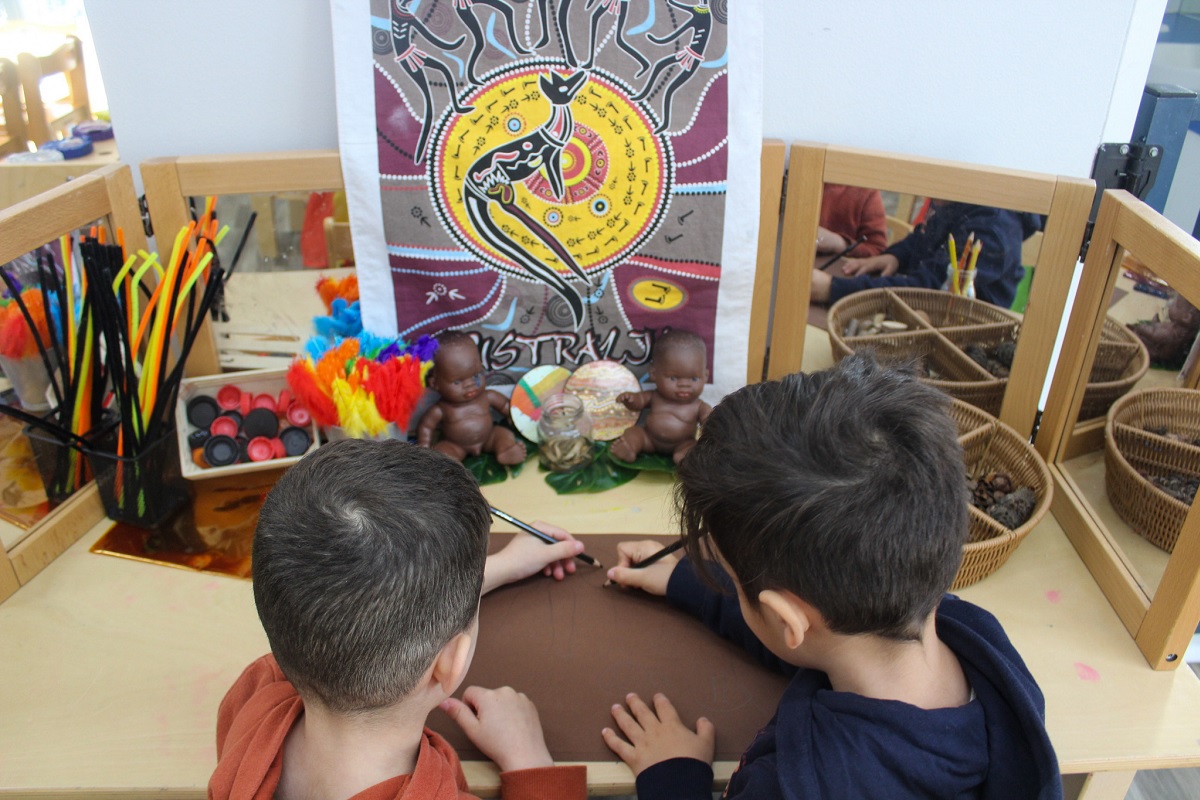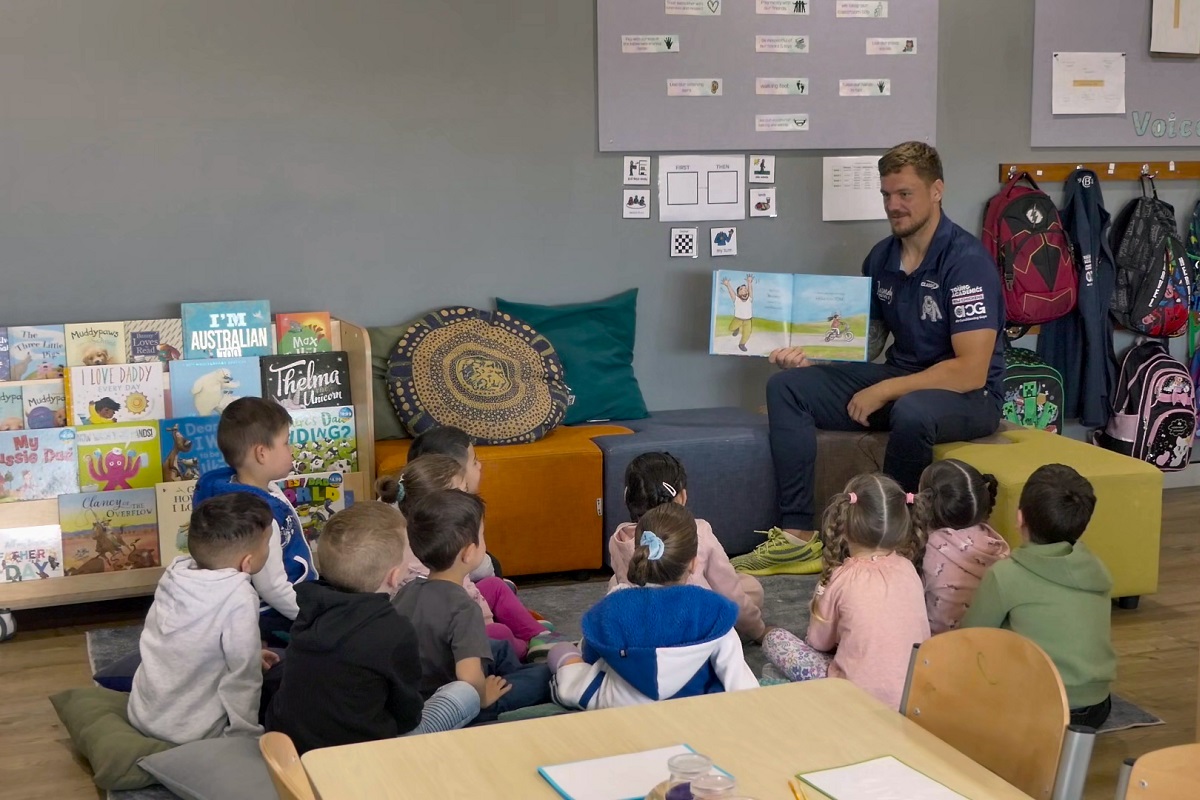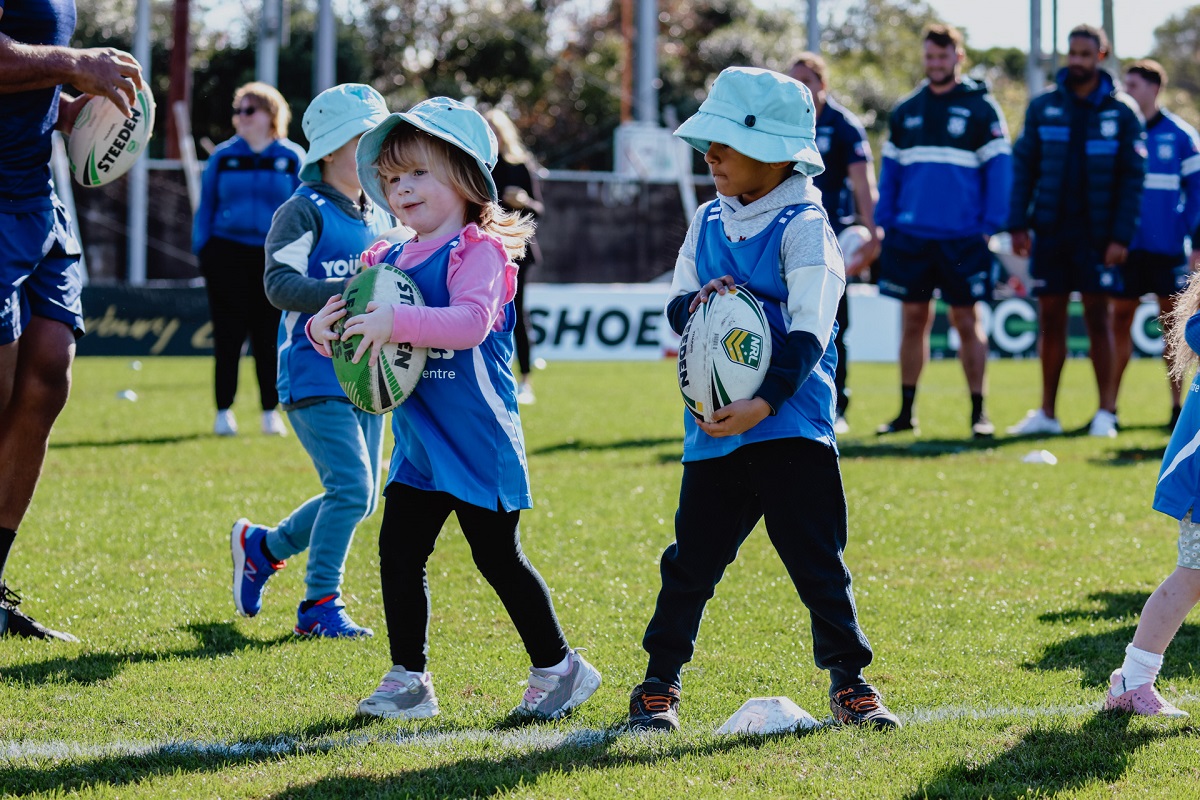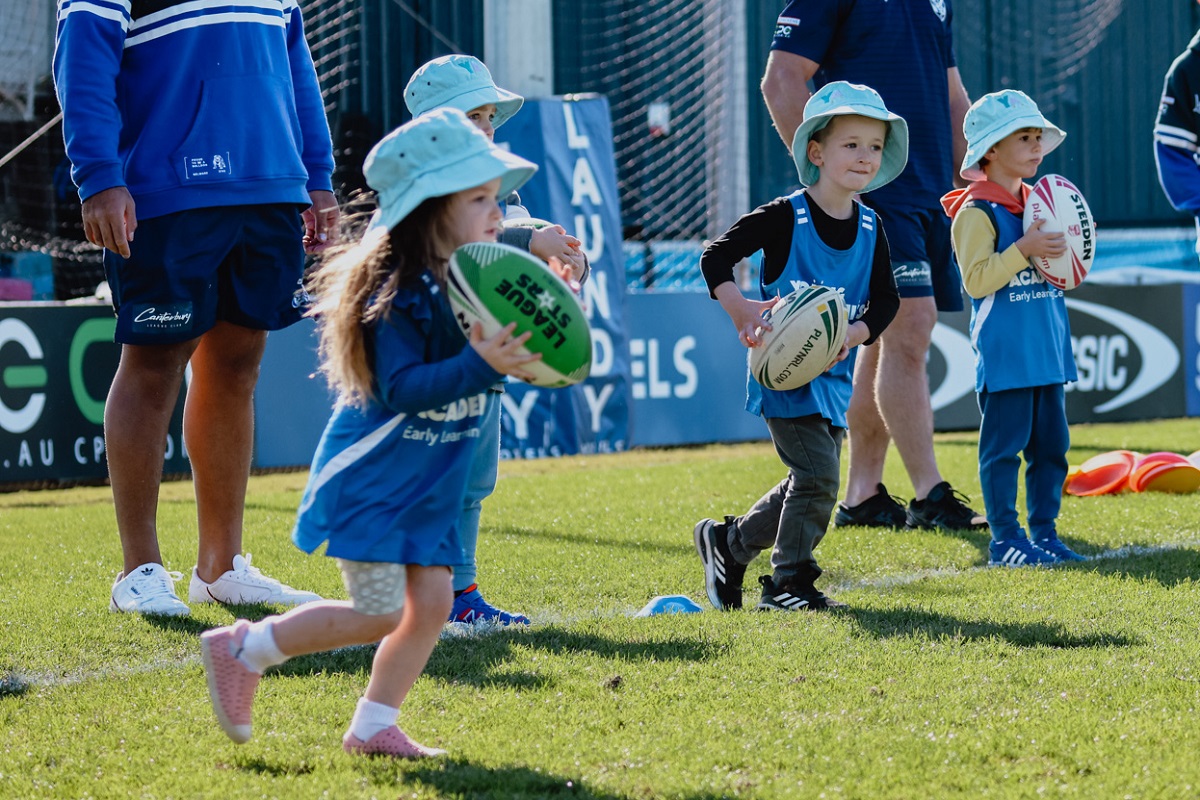In the world of childcare, the concept of reconciliation isn’t just an idea – it’s a commitment to active engagement and understanding. Nurturing an environment that values diversity, respects Indigenous cultures, and fosters unity requires intentional actions. This blog explores five key ways in which childcare providers can tangibly demonstrate reconciliation in action, creating a space where every child feels seen, heard, and celebrated.
Cultivating Cultural Awareness
Cultivating cultural awareness is a cornerstone of reconciliation in childcare. Actively integrate Indigenous perspectives into the daily rhythm of the childcare curriculum. Share diverse stories, engage in cultural activities, and celebrate traditions that reflect the rich heritage of Indigenous communities. By making cultural awareness a central aspect of the learning experience, childcare providers instil in children an appreciation for diversity and a deep respect for Indigenous cultures.
Integrate anti-bias education into the childcare curriculum. This approach actively addresses stereotypes, biases, and misconceptions, fostering an inclusive environment that values every child’s unique background and identity, including those of Indigenous heritage.
Inviting Indigenous Voices
One powerful way to bring reconciliation to life is by inviting Indigenous voices into the childcare environment. Connect with local Indigenous role models, artists, or community members and invite them to share their experiences, stories, or talents with the children. This direct interaction not only provides valuable insights but also creates personal connections that contribute to a broader understanding of Indigenous cultures. At the core of reconciliation in childcare is the intentional integration of Indigenous perspectives into the curriculum. Childcare providers can actively seek out diverse stories, activities, and celebrations that authentically represent the rich cultural tapestry of Indigenous communities. By incorporating Indigenous narratives into daily learning experiences, children not only gain a broader understanding of the world but also develop a profound appreciation for the diversity of cultures around them.
Acknowledgment of Traditional Lands
Start each day or significant events with a respectful acknowledgment of the traditional lands on which the childcare centre is located. This practice recognises the historical connection between Indigenous peoples and the land. It emphasises the importance of stewardship and respect for the land, promoting a sense of responsibility and unity among the children and educators.
Celebrating Indigenous Holidays
Integrating celebrations of Indigenous holidays and events into the childcare calendar is a vibrant way to demonstrate reconciliation. Commemorate occasions like Reconciliation Week with special activities, crafts, or events that highlight the cultural significance of these celebrations. By actively participating in Indigenous holidays, childcare providers contribute to the preservation and appreciation of Indigenous practices.
Creating Inclusive Learning Spaces and Visual Representations:
The physical environment of the childcare centre plays a pivotal role in demonstrating reconciliation. Childcare providers can create inclusive learning spaces by displaying Indigenous artwork, incorporating symbols or colours representative of Indigenous cultures, and ensuring that visual representations authentically reflect the diversity of backgrounds. These intentional choices visually reinforce the commitment to reconciliation, fostering a sense of belonging for every child.
Demonstrating reconciliation in action within childcare settings requires more than just words; it involves intentional practices that actively contribute to the creation of a nurturing environment. By embracing Indigenous perspectives in the curriculum, engaging with Indigenous voices, acknowledging traditional lands, and creating inclusive learning spaces, childcare providers play a vital role in shaping a generation that values diversity, promotes understanding, and actively participates in the journey of reconciliation.







